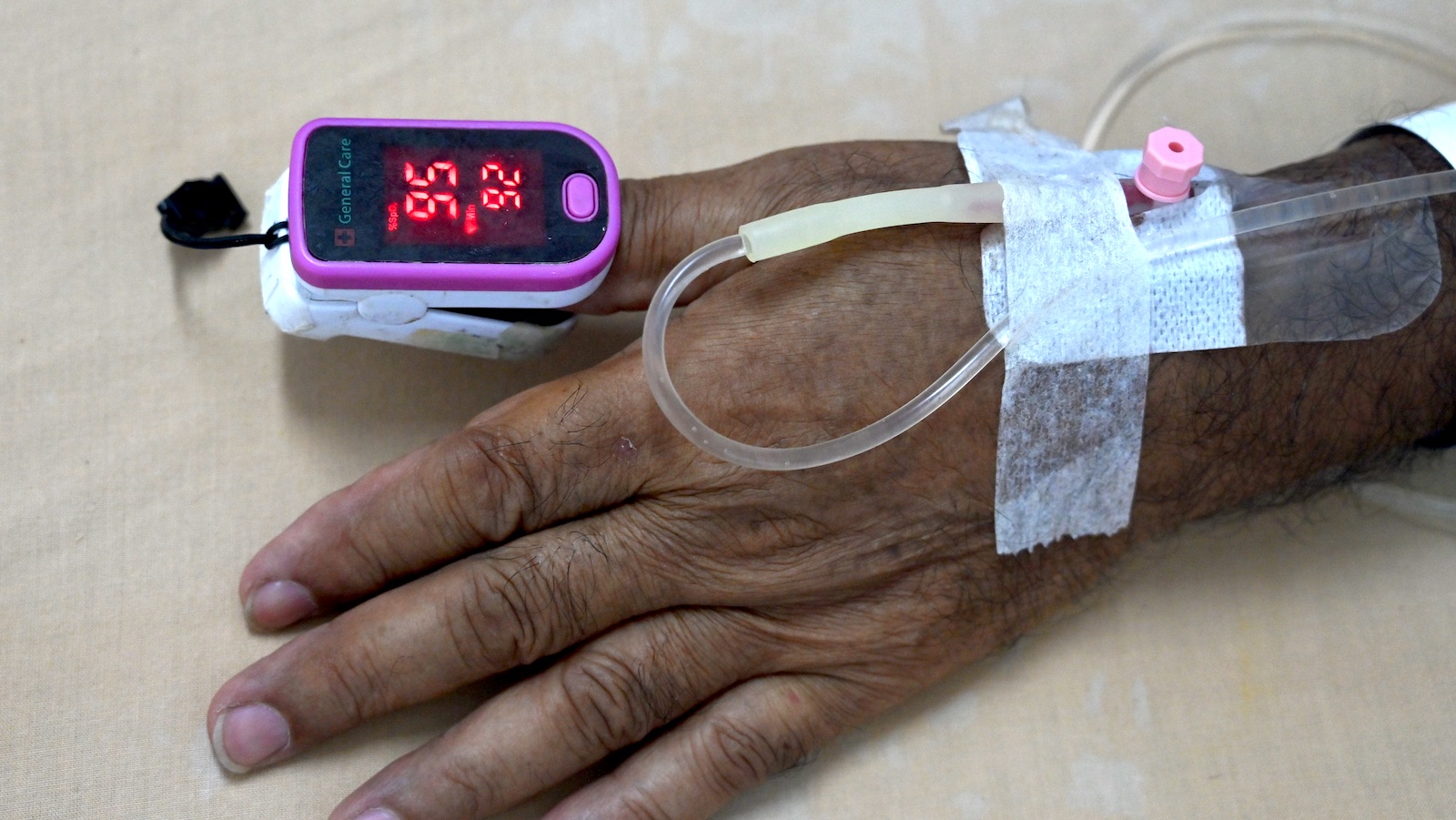This is how the treatment of covid-19 has changed 5:27
(CNN Spanish) -
Colchicine gained worldwide attention after the Montreal Heart Institute reported that the drug could reduce complications associated with the coronavirus.
Details of the study, which was published in a scientific journal, are unknown.
So far, no cure for coronavirus has been found.
Dr. Huerta explains in this episode what we know about colchicine.
You can listen to this episode on Apple Podcasts, Spotify, or your favorite podcast platform, or read the transcript below.
Hello, I am Dr. Elmer Huerta and this is your daily dose of information about the new coronavirus, information that we hope will be useful to take care of your health and that of your family.
Today we will see what is known of the Canadian study that claims that colchicine could be the drug that drastically changes the treatment of covid-19.
The news was released on Friday afternoon, January 22, through a press release from the Montreal Heart Institute, an entity associated with the University of Montreal in Canada.
advertising
The statement briefly describes the results of a study begun in March and suspended early due to its apparent good results.
According to the statement, the use of colchicine in outpatients with covid-19 was able to reduce:
Hospitalizations in 25%,
The need for mechanical ventilation in 50%
Deaths by 44%.
What is colchicine?
Colchicine is a medicine extracted in 1820 from a European plant, known since ancient times to relieve joint or joint pain.
The use of the plant is mentioned in the Ebers papyrus of the Egyptians and was widely used by ancient physicians.
Colchicine has important anti-inflammatory properties and it is thought that its positive effect on covid-19 would be precisely because it can control the inflammation caused by the new coronavirus, especially the so-called "cytokine storm", which is the main cause of lung complications and death.
Colchicine has been used for a long time –– although in recent years it has been replaced by other anti-inflammatories with fewer side effects–– as a useful medicine to control painful attacks of gout, a disease in which the person is unable to eliminate uric acid, and the crystals that form accumulate in the joints, especially that of the big toe.
What did the study consist of?
According to the press release, 4,488 patients were studied and selected to receive colchicine or a placebo.
After eliminating the 329 volunteers whose diagnosis was not verified with PCR, the analysis of the 4,159 patients in whom the diagnosis of covid-19 was verified, by means of the PCR test on the discharge from the nose or throat, showed that the use of colchicine was associated with statistically significant reductions in the risk of death or hospitalization compared to those who received the placebo.
According to the statement, in patients with a proven diagnosis of covid-19, colchicine reduced –– as we said––:
Hospitalizations in 25%,
The need for mechanical ventilation in 50%
Deaths by 44%.
The statement concludes that this important scientific discovery would make colchicine the world's first oral drug that could be used to treat out-of-hospital patients with COVID-19.
But what is wrong with this ad?
Several specialists agree that the main problem with this news –– for which we must still wait for more details–– is that the announcement was made through a press release, and not through the publication of a scientific study.
And that is a very important issue because during the pandemic we have had announcements about the apparent usefulness of drugs that were made without a solid scientific basis - such as hydroxychloroquine, for example - and that ended up being a fiasco.
Another example is ivermectin, which is widely used, despite not being scientifically proven to be of any use.
It is quite possible, due to the design of the research and the number of participants, that what is said in the press announcement of the University of Montreal is true, but the scientific community prefers to wait for the results of the study published in a scientific journal and not in a press release.
Let us remember that the concept of scientific rigor ––which implies the discipline of how the scientific precepts of a study are followed and their dissemination–– are very important to be able to make recommendations to the public.
We then have to wait for the authors to publish the results of their study in a peer-reviewed scientific journal.
In the meantime, we recommend not trying to self-medicate with colchicine.
The drug, which has a narrow therapeutic window, is very prone to causing side effects, such as severe vomiting, diarrhea, bleeding and muscle pain.
Do you have questions about the coronavirus?
Send me your questions on Twitter, we will try to answer them in our next episodes.
You can find me at @DrHuerta.
You see that we answer them.
If you think this podcast is helpful, help others find it by rating and reviewing it on your favorite podcast app.
We will be back tomorrow so be sure to subscribe to get the latest episode on your account.
And for the most up-to-date information, you can always head over to CNNEspanol.com.
Thanks for your attention.
Colchicinecoronaviruscovid-19

